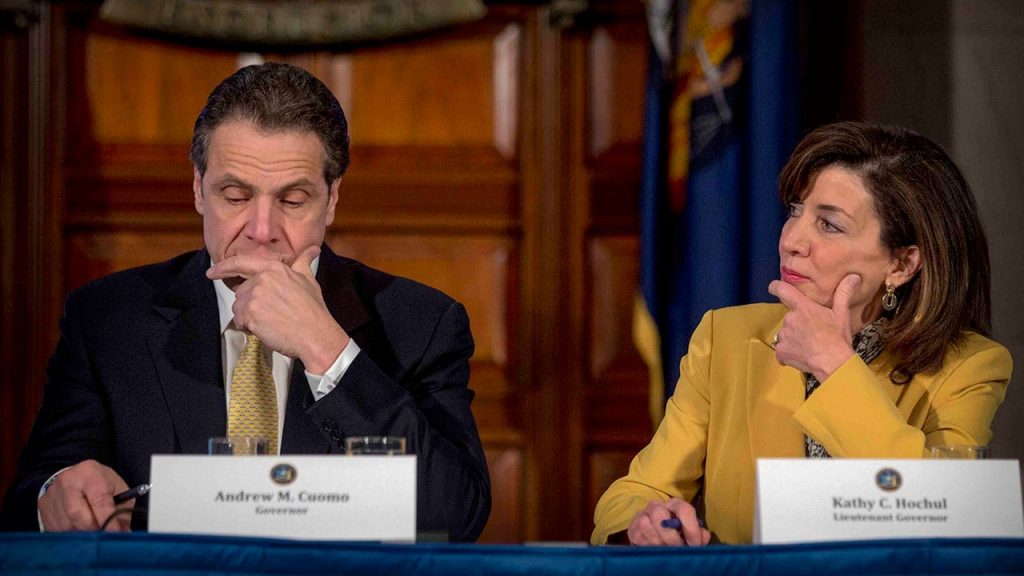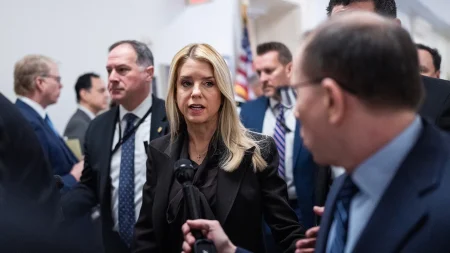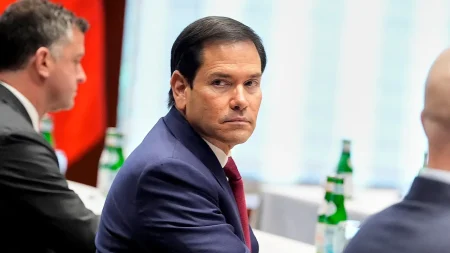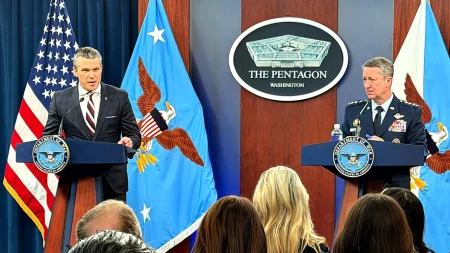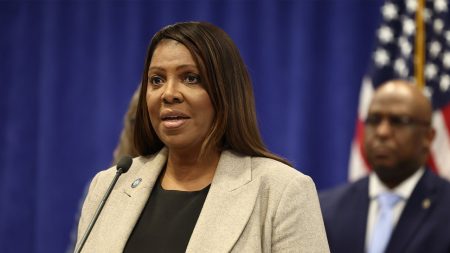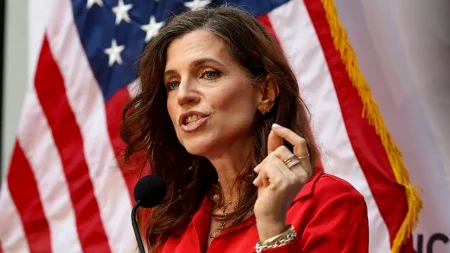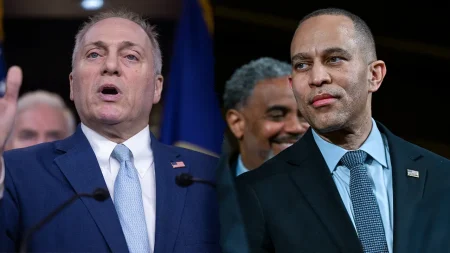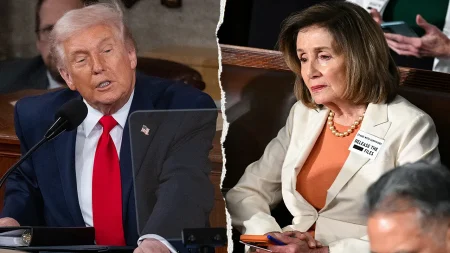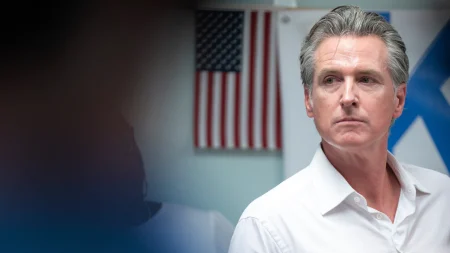Former New York Governor Andrew Cuomo, a key proponent of the congestion pricing plan finally implemented in New York City, has raised concerns about its timing. While maintaining his support for the policy, which imposes a $9 toll on vehicles entering Manhattan’s central business district, Cuomo, through his spokesman, questioned whether its implementation aligns with the current realities of a city still recovering from the pandemic and grappling with safety concerns within its public transit system. He emphasized that his original vision, shared with then-Mayor Bill de Blasio, hinged on a safe and reliable subway system and a thriving city center, neither of which he believes currently exists. He advocates for a data-driven study to assess the policy’s impact and ensure it doesn’t hinder the city’s recovery.
Cuomo’s apprehension centers on the perceived decline in public confidence in the subway system due to high-profile incidents of violence and crime. He argues that congestion pricing aims to incentivize subway use, but this becomes challenging when commuters fear for their safety. He cites examples of violent attacks on subway riders and staff, including a conductor slashed in the neck and a woman tragically burned alive in a subway station. These incidents, coupled with near-fatal shoving incidents on platforms, contribute to the unease surrounding subway safety. Cuomo contends that the city’s current state differs drastically from 2019, when the plan was conceived, and implementing congestion pricing without a thorough impact study could exacerbate challenges rather than alleviate them.
In contrast, current Governor Kathy Hochul appears determined to move forward with the plan. Her administration highlights the reduced toll fee of $9 (down from the initially proposed $15) as a cost-saving measure for drivers and emphasizes anticipated improvements to subway services. Hochul believes that congestion pricing will alleviate traffic congestion, reduce pollution, and enhance public transportation for millions of New Yorkers. MTA Chairman Janno Lieber echoes this sentiment, praising Hochul’s commitment to improving air quality, street safety, and traffic flow. He points to completed upgrades on the 7 and L subway lines as evidence of ongoing investment in the transit system.
However, Cuomo’s team challenges the narrative that Hochul is solely responsible for these improvements. They argue that Cuomo initiated and oversaw significant transit upgrades during his tenure, including the Moynihan Train Hall, the Second Avenue Subway extension, repairs to the L train, and advancements on the East Side Access and Long Island Rail Road Third Track projects. They accuse Hochul of taking undue credit for projects that were already in motion under Cuomo’s leadership. They further criticized the MTA’s assertion that Cuomo is “flip-flopping” on his position, attributing the $15 fee proposal to the MTA under Hochul’s administration.
Cuomo’s concerns extend beyond safety to include the changing dynamics of the workforce. He points to the increased prevalence of remote work, an option unavailable to many when the congestion pricing plan was initially proposed. He questions whether imposing additional costs on commuters during a time of high crime and homelessness is prudent. He suggests that if he were a commuter facing the current conditions, he might resist the added expense.
While both Cuomo and Hochul’s camps spar over credit for transit improvements and the timing of congestion pricing, the underlying issue remains the delicate balance between incentivizing public transit use and addressing legitimate safety concerns while considering the evolving work landscape. Cuomo’s call for a data-driven approach reflects the complex interplay of factors affecting the success of congestion pricing in a post-pandemic New York City. While he supports the overall concept, he urges caution and a thorough assessment of its potential impact given the city’s current state. This position resonates with some Republicans who outright oppose congestion pricing, while Hochul’s administration remains steadfast in its implementation, emphasizing its benefits for the city’s future.





